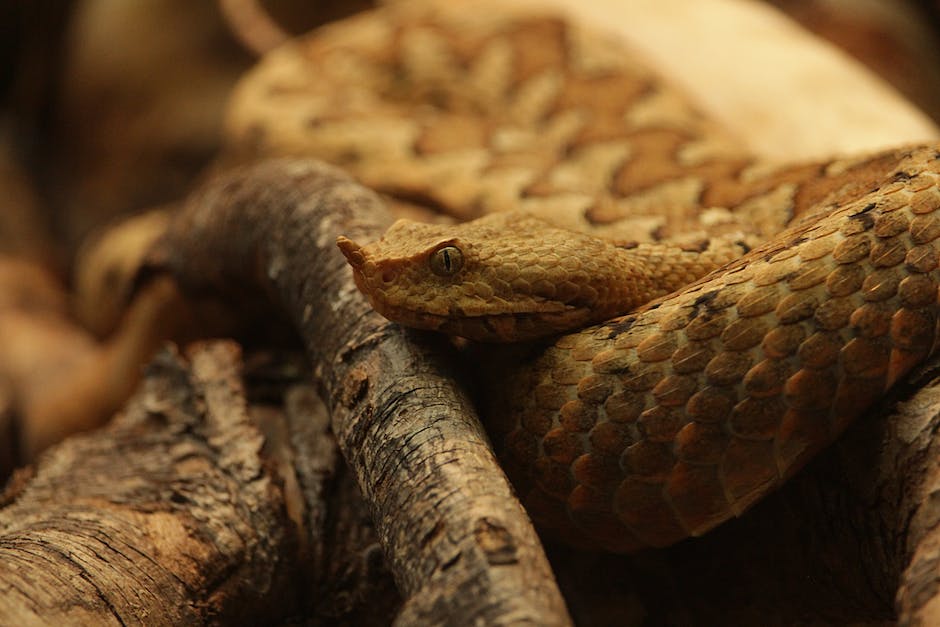Rats are one of the most common pests in the United States. They are also one of the most difficult to get rid of once they have infested an area. Rats are able to squeeze through tiny openings and can climb vertical surfaces, making them difficult to exclude from an area. rats will also eat just about anything, so they are difficult to discourage from an area with traditional pest control methods. The best way to get rid of rats is to use a combination of exclusion and baiting.
If you’re dealing with rats in your crawl space, here are a few tips to get rid of them:
-Seal off any openings or cracks that they might be using to enter the space.
-Remove any food sources that might be attraction them to the area.
-Set up traps or use poison baits to kill the rats.
-Call in a professional pest control company to help get rid of the rats if you’re not comfortable dealing with them yourself.
How do I get rid of a rat under my house?
There are a few things you can do to try to get rid of rats without harming them. You can create a ‘bait station’ to trap the rat and then release it safely away from your home. You can also use a traditional rat trap. You can also try placing peppermint oil, cayenne pepper, pepper and cloves around the home to keep them away.
If you have food of any kind in your home, you are essentially asking rodents to invade. This is especially true during the winter, when rats need to eat twice as much. To avoid this, make sure to keep your food stored away and your home clean.
What will scare rats away
If you have rats in your home, it’s important to take steps to get rid of them. Rats can carry diseases and cause damage to your property, so it’s important to take action to get rid of them. Here are some tips on how to keep rats away:
– Fill holes, cracks and gaps. Rats can slip into holes the size of a quarter, so it’s important to fill any gaps in your home.
– Don’t feed them. If you have food out, rats will be attracted to it. Remove any food sources from your home to discourage rats.
– Remove their habitat. Trim trees, shrubs and limbs back four feet from your home. This will remove places where rats can nest.
– Set traps inside. Use baits and poisons outside to catch rats and discourage them from coming into your home.
– Check your neighborhood. If your neighbors have rats, they may come into your home as well. Talk to your neighbors about taking steps to get rid of rats in the area.
If you find a rat burrow, it’s best to try to seal up all the holes to prevent more rats from getting in. This can be done by packing steel wool or hardware mesh into the holes. Be sure to do this when all the rats are out of the burrow, as you don’t want to seal them in and create a terrible odor.
Will rats leave on their own?
If you have a rat infestation in your home, it is important to report it to the proper authorities. Failing to do so can result in the infestation getting worse, as rats will not simply disappear on their own. Additionally, you may be held liable if someone is injured as a result of the infestation.
Crawl spaces are a common entry point for pests for a number of reasons. Gaps between the foundation and framing, spaces under doors, penetrations for wires and pipes, vents, and tunnels through dirt floors all provide potential access for pests. In order to help prevent pests from entering your home, it is important to seal up any potential entry points in your crawl space.
Why do I have rats all of a sudden?
There are two main things that will attract mice and rats to your house and they are food and shelter. If you don’t have a tidy house and there is food waste on the floor or surfaces, rodents will be attracted to it. They also need shelter, especially during winter to avoid the cold weather.
While rats are mostly active at night, they will occasionally hide during the day. Some of the most common places they will hide are in air ducts, behind cabinets and cooking stoves, under refrigerators, and inside storage boxes. If you suspect you have rats in your home, be sure to check these areas and remove any potential hiding spots.
What are house rats afraid of
Rats are afraid of human activity, mostly because humans are so much larger than they are. Rats also fear predators such as hawks, eagles, and other birds of prey. Other animals that rats are afraid of include your cat as well as rat terriers and other dogs that hunt rodents.
There are a few natural smells that mice hate which can help keep them away. Peppermint oil and Cinnamon are two scents that act as a repellent. Vinegar is another scent that will keep mice away, while also being a natural cleaning agent. Citronella, Ammonia, Bleach, and Mothballs are also effective at keeping mice away.
What does baking soda do to rats?
Baking soda can be used as a rat poison because it causes gas to build up in the rat’s stomach, which eventually leads to their death. To use baking soda as a poison, mix it with some sugar or other food item to bait the rat, and then place it in an area where the rat will be able to find it.
The smell of ammonia is very pungent and it instantly kills rats. It is a very effective rat poison and it is also very affordable.
How do you get rid of rats that won’t go away
Traps are an effective way to get rid of rats quickly. Snap traps are the best type to use, as they kill rats instantly. To prevent other animals from getting into the traps, place them inside a box or under a milk crate.
A great way to get mice out of hiding and to steer them in the direction you want them to go is to sprinkle potent scents they find particularly unpleasant near where you want them to go. Mice don’t like the smell of garlic, onions, cayenne pepper, cloves, ammonia, and alcohol, so using any or all of these near where you want the mice to go should discourage them from hanging around.
Are rats under the house a problem?
Rats can carry a number of diseases that are transmittable to humans. These diseases include hantavirus, salmonella, tularemia, and bubonic plague. In addition to the health risks posed by these diseases, unchecked rats under your home can lead to significant damage to your wiring, floorboards, and other parts of your home.
Rats are opportunistic feeders, which means that they will take advantage of any food source that is available to them. While most rats prefer to feed at dusk and just before dawn, they are not opposed to coming out in the middle of the night if there is food to be had. Additionally, because their teeth never stop growing, rats are constantly gnawing on things in order to keep their teeth trimmed.
Where do rats go during the day
Rats will generally hide in places that are out of the way and not often disturbed. This can include places like under piles of debris, in trees, in sewers, and in gutters. They may also be found under bushes and shrubs, in woodpiles, and in trash cans.
Rodents are creatures that are known to be quite active, and they often move around more during the summer months as opposed to other seasons. This is because they need to relocate from their winter and spring nests into places where they will be more comfortable during the summer heat. By doing this, they are able to survive and thrive during the hotter months.
Conclusion
If you have rats in your crawl space, you will need to take action to get rid of them. You can either trap them or use poison, but you will need to be careful with both methods. Trapping rats can be difficult, and you will need to make sure that you set the trap correctly. If you use poison, you will need to be careful with where you place it so that it does not pose a risk to children or pets.
The best method for getting rid of rats in a crawl space is to use a combination of snap traps and poison bait. The snap traps should be placed along the rats’ known pathways, and the poison bait should be placed in strategic locations where the rats are likely to congregate.

